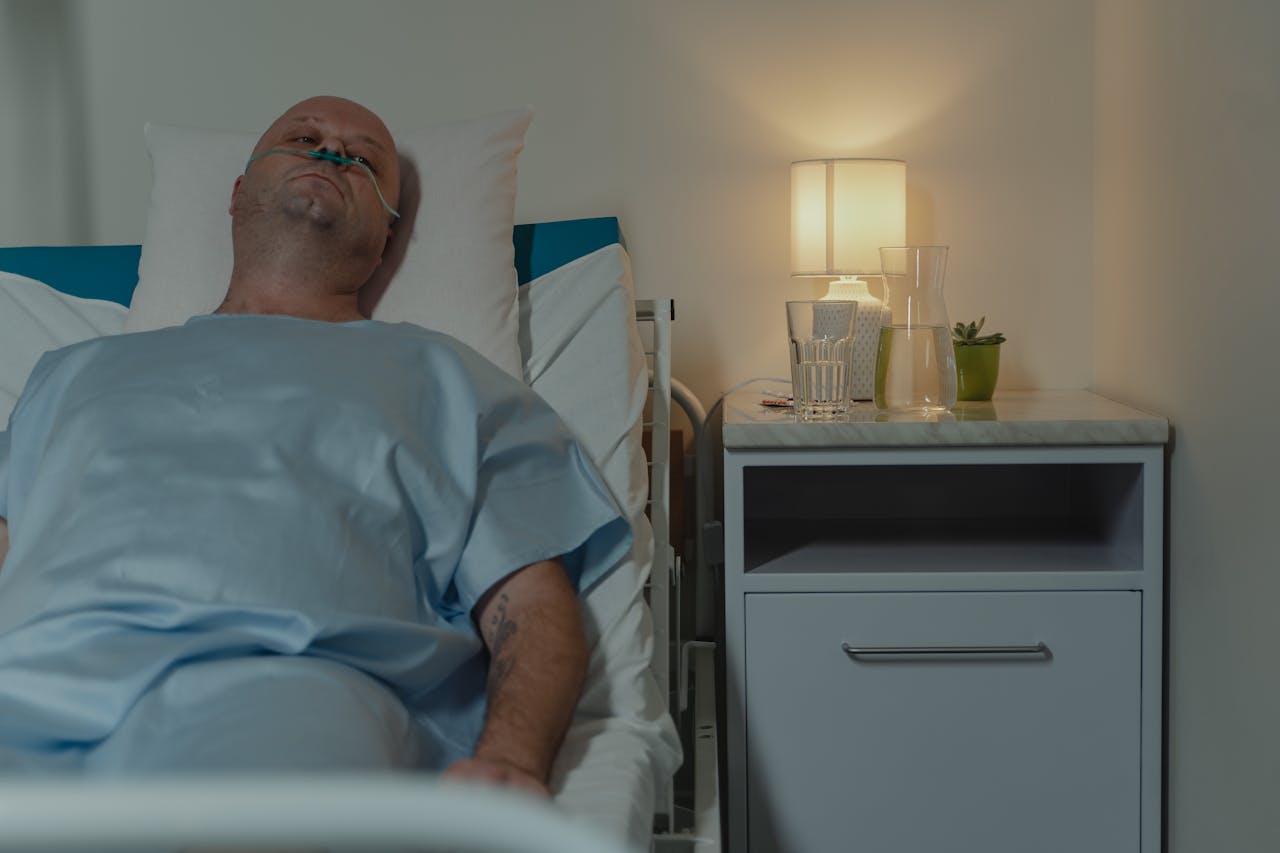Drugs/Therapy
Concussion Injuries: What Medication Can You Take
Concussions are caused by traumatic head injuries resulted from the violent contact with an external object, where the brain and head move rapidly back and forth (or shake). The action causes the brain to shift within the skull, which can lead to brain cells damage or chemical changes that may have a permanent or temporary effect over your well-being.
Concussions are quite common and can happen after a sport-related accident, a bad fall (from a bike, a tree, stairs, and so on), car and bike accidents, and any other actions that lead to violent shaking of the head. In fact, the world is full of concussion-inducing activities and accidents, so there's no wonder specialists encounter it quite often.
However, even though this type of injury is not considered to be life-threatening, it doesn't mean it's something you should ignore. The brain is crucial in our overall normal functioning, and we must keep close tabs on it.
But how do you know if you've suffered a concussion? Well, you should be familiar with the main symptoms.
How to Recognize a Concussion Injury?
The brain is the main organ that is affected in this case, so the direct result is abnormal functioning. So, if you've suffered a bump to the head and you feel confused, or suffer from loss of balance, difficulty in sustaining a logical train of thought or other disturbances in thinking, you may want to consult a medical assistant or professional who has the relevant training and experience to assess your condition.
Here are some more symptoms to keep an eye out for:
-
clumsiness
-
nausea or vomiting
-
headache
-
blurred vision
-
sensitivity to noise
-
slurred speech
-
sensitivity to light
-
behavior or personality changes
-
sluggishness
-
ringing in ears
-
memory loss
We need to mention that, if any of these symptoms show up without sustaining trauma to the head, there may not be the sign of a concussion. Still, you should talk to a health specialist, and make sure everything is in order.
Furthermore, a concussion is more common in young people who play high-contact sports (wrestling, football, rugby, and so on) because the head is proportionally bigger than the rest of the body until you reach maturity.
Also, it's important to understand that this type of brain injury is difficult to diagnose because it's not visible. Most concussions don't present with well-established symptoms, and if they do, they usually go away quickly, which leads the patient to dismiss them as something temporary.
Can You Medicate For a Concussion?
Some of the most common medications for concussions are prescribed to treat symptoms, such as anxiety, headache, or trouble sleeping. Various natural remedies have also been identified including Vitamin B12 and Magnesium. However, to get the right type of medication, you need to have a specialist check your injury.
Until you manage to see a doctor, it helps to take a break (stop the activity) and rest. If the injury happened while playing sports, you need to stop for a while and give the damaged area time to heal.
Wrap Up
Injuries to the head tend to happen more often than we'd like to think, but with proper care and rest, a concussion is rather easy to treat. There are different types of medication you can take, depending on the seriousness of the injury, but you shouldn't do so without advice from a trained medical specialist.
* This is a contributed article and this content does not necessarily represent the views of counselheal.com









Join the Conversation